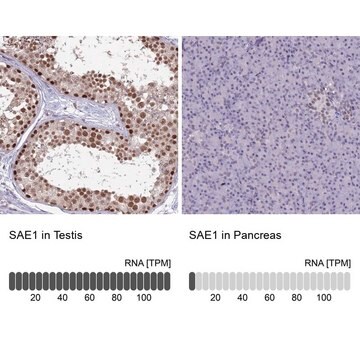W200910
Acetofenona
natural, 98%, FG
Sinónimos:
Metilfenilcetona
About This Item
Fragrance grade
Kosher
natural
Productos recomendados
biological source
cassia oil
Quality Level
grade
FG
Fragrance grade
Kosher
natural
agency
follows IFRA guidelines
reg. compliance
EU Regulation 1223/2009
EU Regulation 1334/2008 & 178/2002
FDA 21 CFR 117
vapor density
4.1 (vs air)
vapor pressure
0.45 mmHg ( 25 °C)
1 mmHg ( 15 °C)
assay
98%
form
liquid
semisolid
autoignition temp.
1058 °F
greener alternative product characteristics
Less Hazardous Chemical Syntheses
Use of Renewable Feedstocks
Learn more about the Principles of Green Chemistry.
sustainability
Greener Alternative Product
refractive index
n20/D 1.534 (lit.)
bp
202 °C (lit.)
mp
19-20 °C (lit.)
density
1.03 g/mL at 25 °C (lit.)
application(s)
flavors and fragrances
documentation
see Safety & Documentation for available documents
food allergen
no known allergens
fragrance allergen
no known allergens
greener alternative category
organoleptic
almond; cherry; coumarin; nutty; sweet; vanilla
SMILES string
CC(=O)c1ccccc1
InChI
1S/C8H8O/c1-7(9)8-5-3-2-4-6-8/h2-6H,1H3
InChI key
KWOLFJPFCHCOCG-UHFFFAOYSA-N
¿Está buscando productos similares? Visita Guía de comparación de productos
General description
signalword
Warning
hcodes
Hazard Classifications
Acute Tox. 4 Oral - Eye Irrit. 2
Storage Class
10 - Combustible liquids
wgk_germany
WGK 1
flash_point_f
179.6 °F - closed cup
flash_point_c
82 °C - closed cup
Elija entre una de las versiones más recientes:
¿Ya tiene este producto?
Encuentre la documentación para los productos que ha comprado recientemente en la Biblioteca de documentos.
Nuestro equipo de científicos tiene experiencia en todas las áreas de investigación: Ciencias de la vida, Ciencia de los materiales, Síntesis química, Cromatografía, Analítica y muchas otras.
Póngase en contacto con el Servicio técnico






